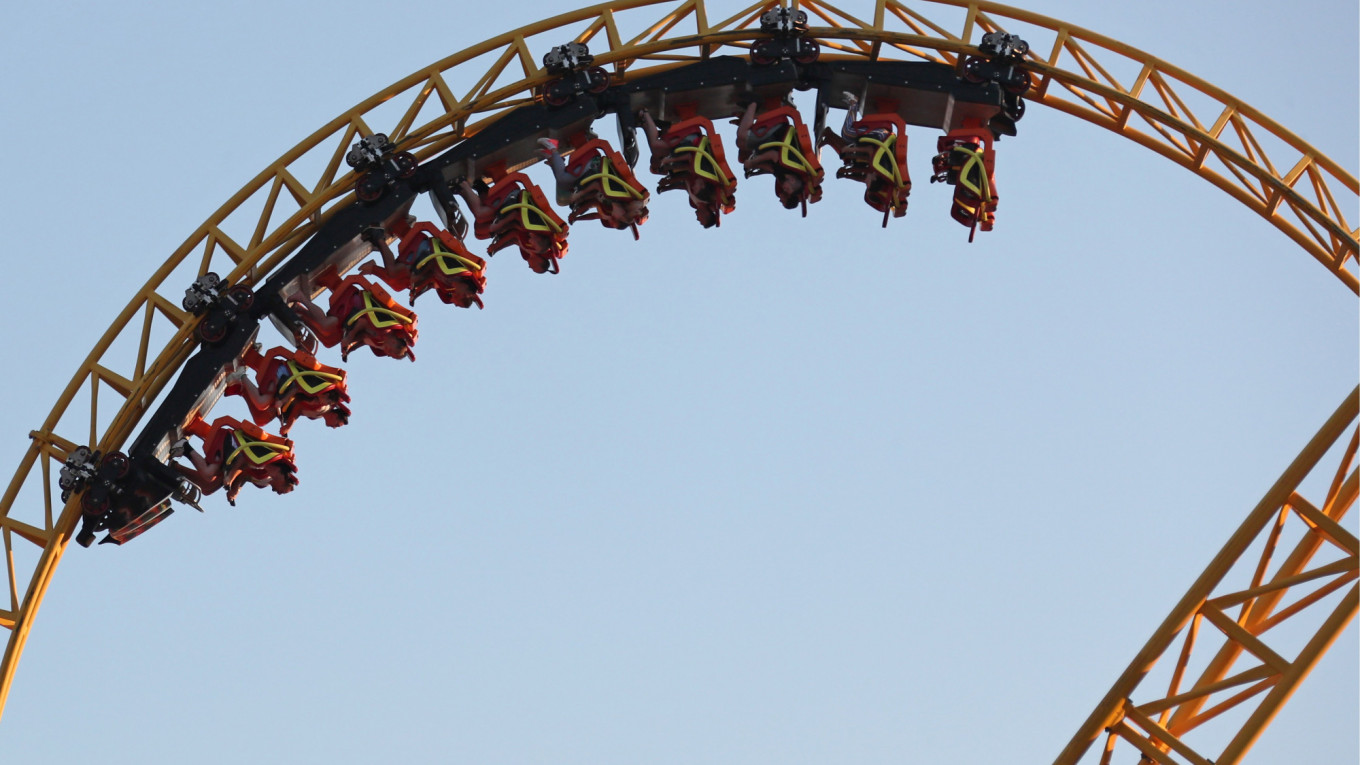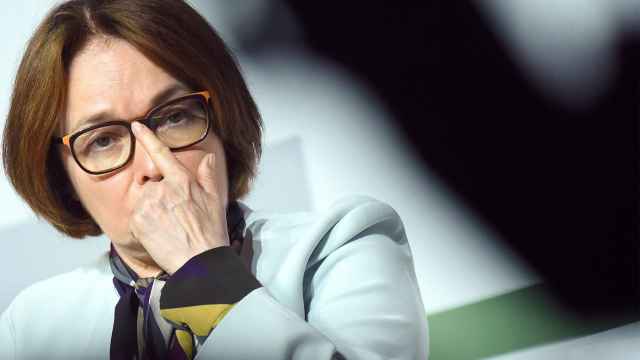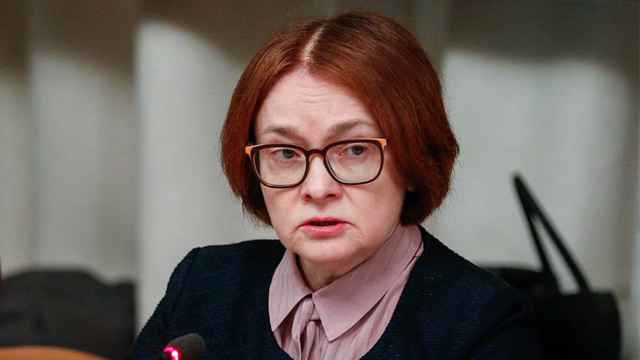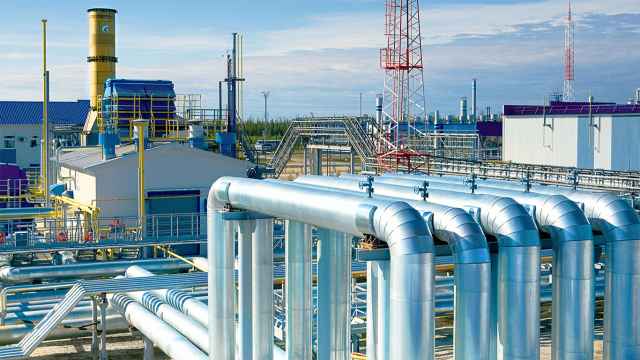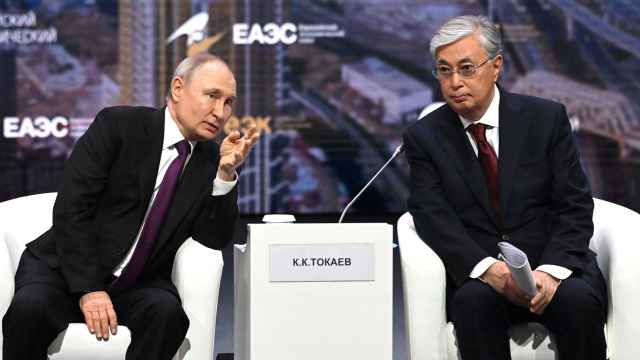A year after the coronavirus pandemic plunged the global economy into turmoil and sent stock markets tumbling, Russia has emerged as one of the world’s best performers.
Russia’s economy shrank by just 3.1% in 2020 — far less than advanced economies — and could reach its pre-pandemic size within the next 12 months. The most recent praise for Russia’s handling of the crisis came from the International Monetary Fund (IMF), which said Moscow had surpassed expectations in dealing with the crisis and upgraded its forecasts for the year ahead.
That Russia’s strong performance came after five years of stagnation is no coincidence, economists say, and has triggered fresh debate over whether Russia has managed to conquer the pernicious boom-and-bust cycle, and what other countries can learn from its example.
“Russia has definitely made huge progress in terms of beating boom and bust,” said Elina Ribakova, deputy chief economist at the Institute of International Finance (IIF).
“I wouldn’t announce a complete victory, but it has been a big achievement of the current administration since 2014.”
Post-sanctions approach
Russia’s 2014-16 economic crisis — triggered by the imposition of sanctions and a painful crash in world oil prices — was a turning point in its approach to managing the economy.
No longer content to let volatile global oil prices dictate its economic fortunes — despite how well the policy had served it in the booming early 2000s — President Vladimir Putin set about boosting Russia’s economic sovereignty, rolling out a new macroeconomic framework designed to use years of boom to better prepare for future hardship.
The approach was based on saving, not splurging, the multibillion dollar profits from Russia’s oil exports, running a balanced government budget, reducing public debt, moving to a free-floating exchange rate and setting inflation targeting as the Central Bank’s key goal — in line with other major economies.
“All these changes had a big effect, helping to stabilize the economy and insulate Russia from the boom-bust cycle,” said Ribakova. “But it wasn’t without costs: such as low growth, little spending on social support, relatively low fiscal support on the back of the coronavirus and an underfunding of healthcare.”
That dynamic is most visible in Russia’s GDP performance. Russia grew faster than the global economy every year between 2000-2013, save for 2009, when it’s economy shrank more than the global average. That feat has since completely reversed, with Russia not once outperforming the world economy since 2013, except during the coronavirus pandemic, when its economic contraction was softer.
If the coronavirus was the first test of whether Russia’s model would work in killing off the “bust” in boom-and-bust, so far, the approach appears to have worked.
A model to copy?
Some economists see opportunities for other countries to learn from Russia’s success.
“There are quite a few elements about Russia’s macroeconomic framework that other countries could try to replicate,” Apurva Sanghi, lead Russia economist at the World Bank told The Moscow Times.
“Given Russia’s past history of high inflation, inflation targeting has brought inflation significantly under control, and the flexible exchange rate continues to act as an absorber to external shocks,” Sanghi added.
He called Russia’s fiscal rule, which requires the country to buy foreign currency reserves when oil prices are above $42 a barrel and sell them when prices are low, “a must for any commodity-exporting nation” as it “shields public finances from the vagaries of global commodity prices.”
Ribakova also said Russia’s clean-up of its banking sector, overseen by Central Bank chief Elvira Nabiullina, a former economy minister appointed in 2013, was a clear success story other countries should look to.
“In 2008 and 2014 we were talking about a financial sector crisis, while this year nobody is mentioning it — it’s a non-issue. That’s a big achievement.”
Given the vastly different economic structures, there may be little that advanced economies can, or would want to, copy from Russia’s model, but there are lessons for other countries, like neighboring commodity exporters Kazakhstan and Azerbaijan, said Renaissance Capital economist Sofya Donets.
High inflation before the pandemic in Kazakhstan meant the Central Bank couldn’t slash interest rates to support the economy, while in Russia interest rates were cut by more than two percentage points to their lowest level in history. That prompted Russian businesses and households to borrow and spend more, supporting the economy.
Meanwhile in Azerbaijan at the same time, a fixed exchange rate meant Baku ate into its reserves to support its currency, contributing to one of the worst crises in the region, Donets says.
Other economists are hesitant to put Russia forward as a positive case study.
“I’m sceptical about showcasing Russia as an example of economic victories other than macro stability,” said Dmitry Dolgin, chief Russia economist at ING bank.
He put Russia’s good performance down to the economy’s more fundamental weaknesses. “Prior to 2020, GDP growth was under 2%, and there was no accumulation of inventories. In other words, the lack of expectations before 2020 helped dampen the blow of the sudden stop.”
Moreover, he added, “the defensive performance of the Russian economy during the pandemic does not guarantee a robust recovery. The government’s ability to boost investment and consumer demand with conventional tools seems to be largely exhausted.”
Boom without bust
International organizations share some of those concerns. The IMF has urged Russia to consider cutting interest rates even further to keep the economy going and wants some of the emergency welfare schemes rolled out during the pandemic, like higher unemployment benefits, to be kept in place.
Those recommendations address another question presented by Russia’s apparent victory over boom and bust. Is there a way Russia can get back the benefits of the booms, while holding on to its protection from the busts?
“It’s very much possible for Russia to get the ‘boom’ back without compromising on its hard-fought macroeconomic stability,” said Sanghi.
But the challenge is tough. The World Bank estimates that Russia’s potential growth had already fallen from 3.8% a year in the early 2000s to 1.5% on the eve of the pandemic — well below the global average. It expects the pandemic to lower it even further.
“The slowdown in potential growth is not a Russia-specific trend. However, it is more serious in Russia, reflecting weaker productivity growth and worse demographic outcomes,” Sanghi said.
The solutions would be the familiar mix of productivity-boosting policies, including higher investment, a more competitive business environment and less government control over the economy, that have been routinely highlighted as Russia’s weak spots.
There are no indications Russia is considering any structural overhaul that would address those areas.
Nevertheless, Renaissance Capital’s Donets believes Russia is set to record faster growth, if not quite a boom, coming out of the pandemic, as the hard work of its “great stabilization” has already been achieved.
“Russia will be in a much softer position after the crisis than during the five years before, as both fiscal and monetary policy will return to being neutral, not tight,” she said.
Interest rates are set to normalize around two percentage points lower than before the crisis — 5.5% versus an average of 7.6%, Donets said. Government spending will also not be as ultra-conservative as before — at around 18% of GDP compared to pre-crisis levels of around 16%. This should help Russia achieve faster growth coming out of the pandemic than it had on the way in.
Donets also believes Russia was “wise” not to load-up on debt during the pandemic. “Leverage is still low for both business and the government — that could be a very strong point over the mid-term, looking at the prospects for the recovery.”
But Ribakova believes that analyzing whether government spending and interest rates will help boost the economy ignores “the elephant in the room” — the Kremlin’s non-economic policies.
A unique part of Russia’s economic management is the extent to which “geopolitical ambitions” dictate the country’s economic policy, she said. And that will likely continue to prevent Russia from realizing the best of any post-coronavirus economic boom.
“In Russia, economics is very much driven by geopolitics. And because of that, foreign policy and military adventures predetermine what can happen on the macroeconomic front.”
A Message from The Moscow Times:
Dear readers,
We are facing unprecedented challenges. Russia's Prosecutor General's Office has designated The Moscow Times as an "undesirable" organization, criminalizing our work and putting our staff at risk of prosecution. This follows our earlier unjust labeling as a "foreign agent."
These actions are direct attempts to silence independent journalism in Russia. The authorities claim our work "discredits the decisions of the Russian leadership." We see things differently: we strive to provide accurate, unbiased reporting on Russia.
We, the journalists of The Moscow Times, refuse to be silenced. But to continue our work, we need your help.
Your support, no matter how small, makes a world of difference. If you can, please support us monthly starting from just $2. It's quick to set up, and every contribution makes a significant impact.
By supporting The Moscow Times, you're defending open, independent journalism in the face of repression. Thank you for standing with us.
Remind me later.



